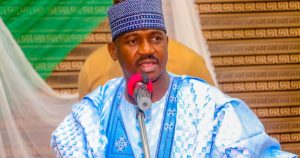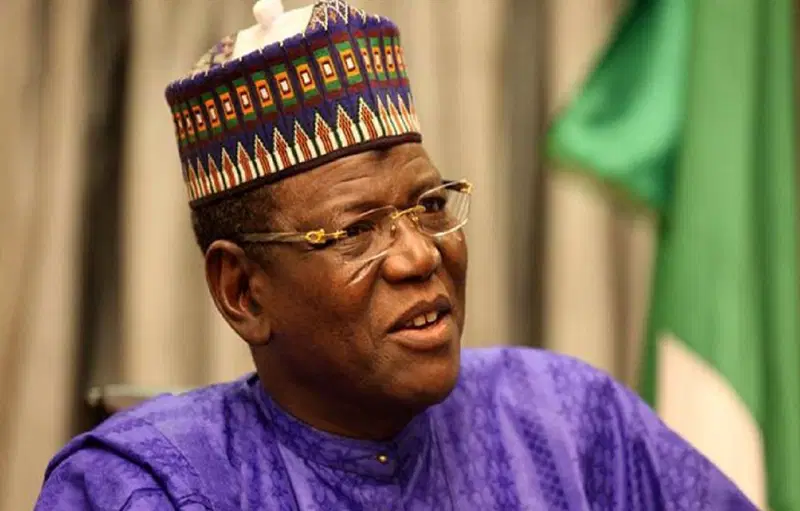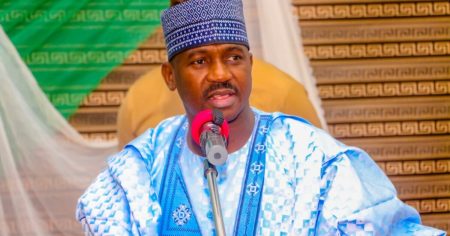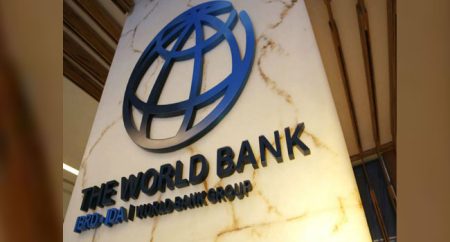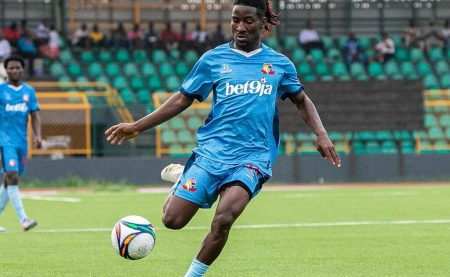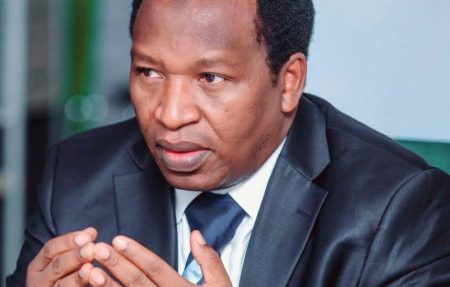The internal strife within the Peoples Democratic Party (PDP) has intensified with former Jigawa State governor, Sule Lamido, demanding the expulsion of prominent figures, including the Minister of the Federal Capital Territory, Nyesom Wike, former Benue State governor, Samuel Ortom, and former Abia State governor, Okezie Ikpeazu. Lamido accuses the trio of engaging in anti-party activities, particularly campaigning for the All Progressives Congress (APC) during the 2023 general elections and expressing intentions to continue supporting the APC in the 2027 elections. He contends that their actions warrant severe disciplinary measures, including expulsion from the party, to uphold party discipline and maintain its integrity.
Lamido’s call for expulsion reflects a deeper concern regarding what he perceives as a culture of impunity within the PDP. He argues that since the 2022 primaries leading up to the 2023 elections, certain members, driven by personal ambitions, have actively worked against the party’s interests. He characterizes these individuals as “platform seekers” who prioritize their political aspirations over party loyalty, conveniently switching allegiances between parties like the PDP and APC based on where they see the best opportunities for advancement. He emphasizes the distinction between genuine party members committed to the PDP’s ideals and those who merely utilize the party as a stepping stone for personal gain.
The former governor’s frustration stems from the apparent lack of action against these perceived transgressions. He points out that the PDP’s constitution provides mechanisms for sanctioning members who violate the party’s code of conduct. However, he laments that these provisions have been ignored for over 18 months, allowing the alleged anti-party activities to continue unchecked. This inaction, Lamido argues, has weakened the party’s internal cohesion and contributed to its electoral setbacks.
Lamido’s call for expulsion represents a broader debate within the PDP about how to address internal dissent and enforce party loyalty. The party is grappling with balancing the need to maintain discipline and unity with the right of individual members to express differing political views. The situation is further complicated by the fact that Wike, Ortom, and Ikpeazu are influential figures within the PDP, raising questions about the potential political ramifications of any disciplinary action against them.
The situation within the PDP highlights the challenges faced by political parties in Nigeria in balancing individual ambitions with party cohesion. The prevalence of “platform seekers” who shift allegiances based on political expediency poses a significant threat to party stability and effectiveness. The PDP’s internal struggle reflects the broader dynamics of Nigerian politics, where personal interests often overshadow party ideology and loyalty.
Lamido’s strong stance, including his decision to boycott Board of Trustees meetings until disciplinary action is taken, underscores the seriousness of the issue and the deep divisions within the PDP. His actions could potentially trigger a wider internal crisis within the party, forcing the leadership to confront the issue of indiscipline and address the concerns raised by Lamido and others. The outcome of this internal struggle will likely have significant implications for the PDP’s future and its ability to effectively challenge the ruling APC. The party’s ability to resolve this conflict and present a united front will be crucial for its prospects in the 2027 elections and beyond.


